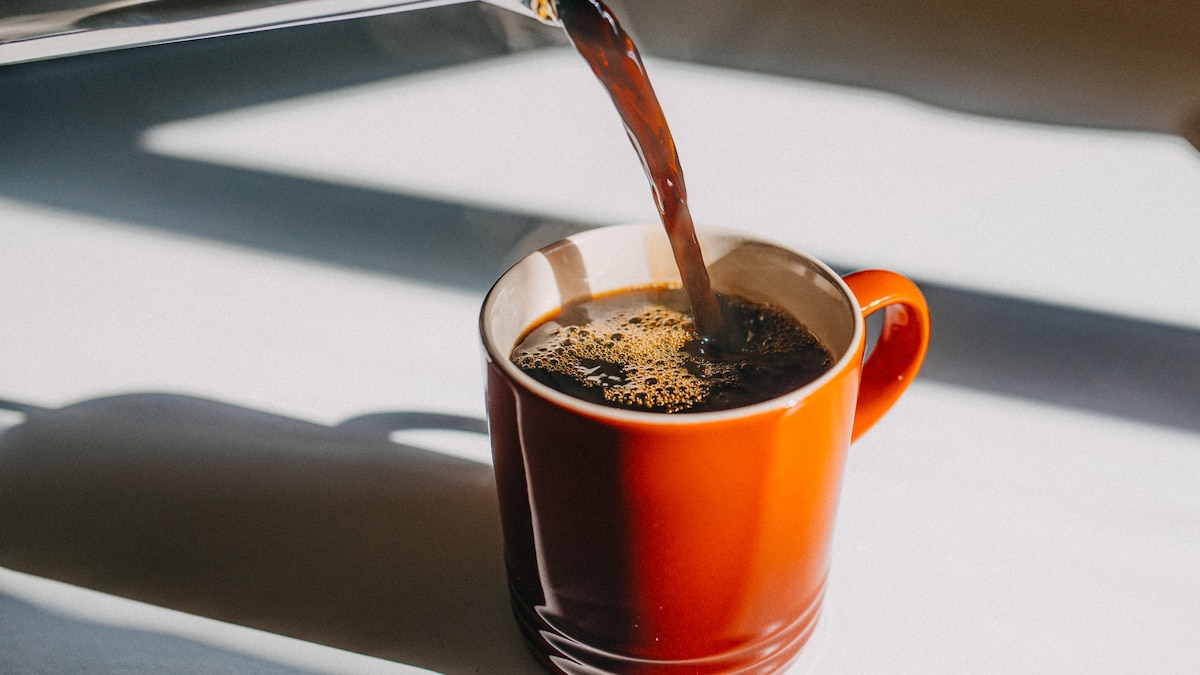Now Reading: Coffee Naps: A Clever Hack to Boost Energy and Focus
-
01
Coffee Naps: A Clever Hack to Boost Energy and Focus
Coffee Naps: A Clever Hack to Boost Energy and Focus

Quick Summary
- The concept of “caffeine nap” involves drinking coffee instantly before taking a short nap, potentially amplifying the benefits of both.
- Adenosine,a compound in the brain that drives sleepiness,is blocked by caffeine at adenosine receptors to increase alertness. Sleep removes adenosine buildup.
- Experts suggest combining naps and caffeine might enhance cognitive performance due to complementary effects-the stimulant kicks in as the nap clears adenosine levels.
- Early studies, including ones from 1997 and 2020, show promising results for reduced fatigue and improved performance but are limited in scale and scope.
- Researchers caution about individual differences such as age, sensitivity to caffeine, or existing sleep disorders impacting effectiveness.
- Caffeine naps cannot replace quality nighttime sleep; experimental use with moderate doses is advised for those interested.
Indian Opinion Analysis
The “caffeine nap” concept highlights emerging strategies to optimize productivity in increasingly fast-paced lifestyles-a trend relevant not only globally but also within India’s urban work culture were demands frequently enough outstrip recovery time from proper rest cycles. If proven effective through broader research beyond initial pilot studies on young healthy participants, this practice may influence workplace policies or personal routines aimed at combating fatigue during long working hours.
Though, India’s diverse demographics pose challenges-older populations or individuals with variances like dietary restrictions on caffeine may find limited usefulness here compared to younger professionals navigating demanding environments like IT hubs or entrepreneurial roles. importantly though studies emphasize moderation avoiding dependency-related problems


























